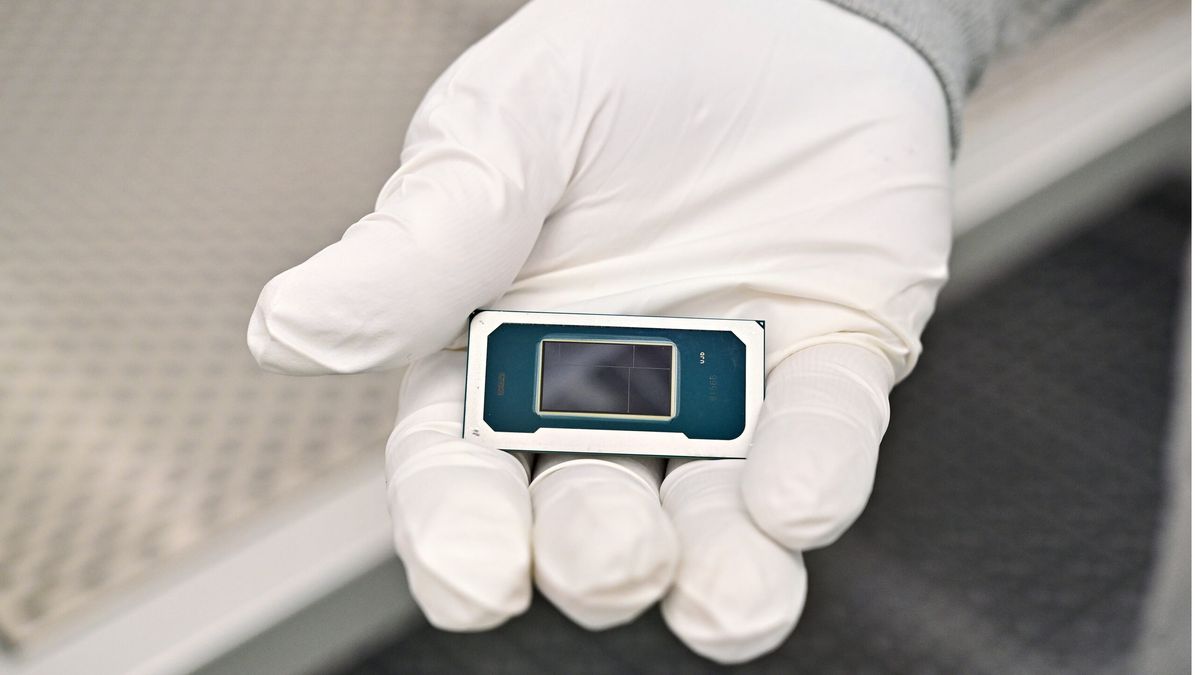Pruney fingers and toes after a long time in the pool or the bathtub are one of those things we all expect but couldn’t explain scientifically until recently. In 2023, Binghamton University biomedical engineer Guy German and colleagues found that this happens because the blood vessels in our digits contract when we spend too much time in water. Then a kid asked a brilliant question that triggered a whole new research project.
“A student asked, ‘Yeah, but do the wrinkles always form in the same way?’ And I thought: I haven’t the foggiest clue!” German explained in a Binghamton University statement. “So it led to this research to find out.”
German and Rachel Laytin, a former graduate researcher at the university’s Biological Soft Matter Mechanics Laboratory, revealed that the answer is, simply put, yes: pruney fingers always seem to wrinkle along the same patterns. They detailed their work in a study published in February in the Journal of the Mechanical Behavior of Biomedical Materials.
The two researchers photographed study participants’ fingers after they had been immersed in water for half an hour, then repeated the process at least 24 hours later. They compared the pruniness in the two images, looking for similarities, and found that the “topography” of the wrinkles was the same across both immersions.
The blood vessels in our fingers and toes “don’t change their position much—they move around a bit, but in relation to other blood vessels, they’re pretty static,” German said. “That means the wrinkles should form in the same manner, and we proved that they do.”
The research also confirms something people have observed for decades: Individuals with median nerve damage—injury to a major nerve in the hand—don’t get wrinkles after prolonged water exposure. “One of my students told us, ‘I’ve got median nerve damage in my fingers.’ So we tested him—no wrinkles!” German said.
While the recent study was conducted to answer a child’s relatively simple question, the findings could have important implications for forensics, particularly in identifying fingerprints at crime scenes or bodies recovered from water. German explained that his father, a former U.K. police officer, encountered some of these difficulties while on the job. As such, “biometrics and fingerprints are built into my brain,” he added. “I always think about this sort of stuff, because it’s fascinating.”
It might be time to add pruney prints to law enforcement’s biometric database.









 English (US) ·
English (US) ·